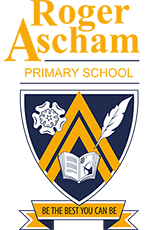Geography
Geography lessons at Roger Ascham will inspire children to be curious and fascinated about the natural and human aspects of the world. Geography is the study of places and the relationship that people have with them: including how cultures are shaped by where they are located, and how human activity impacts on the environment. Children should develop a sense of personal and collective responsibility for the world around us and consider how we might change our lifestyles and use of space and resources to live more sustainably and equitably with others.
Through geography, children at Roger Ascham develop:
- an understanding of locations across the globe including where events are occuring;
- a deepening appreciation and understanding of their own locality as well as a broadening knowledge of what exists beyond their local environment;
- knowledge of how information and data can be represented in different ways and for different purposes, including through cartography;
- navigational skills.
Children are taught to make connections between people, places, processes and environments. They are given opportunities to appreciate and express the uniqueness of a place and also explore how it is connected with other places. They learn how the environmental and natural characteristics of a place impact upon human settlement and conversely how human behaviour impacts upon the natural environment; what causes a place to be like it is and how and why it might be changing.
Children learn a balance of knowledge, skills and geographical concepts. They use their learning as a framework within which to question, investigate, organise information and make decisions when attempting to solve geographical problems, drawing upon their learning in English and maths to aid them. These skills will be transferable to subjects across the curriculum and into KS3 and beyond.
EYFS Learning Journey
Travel
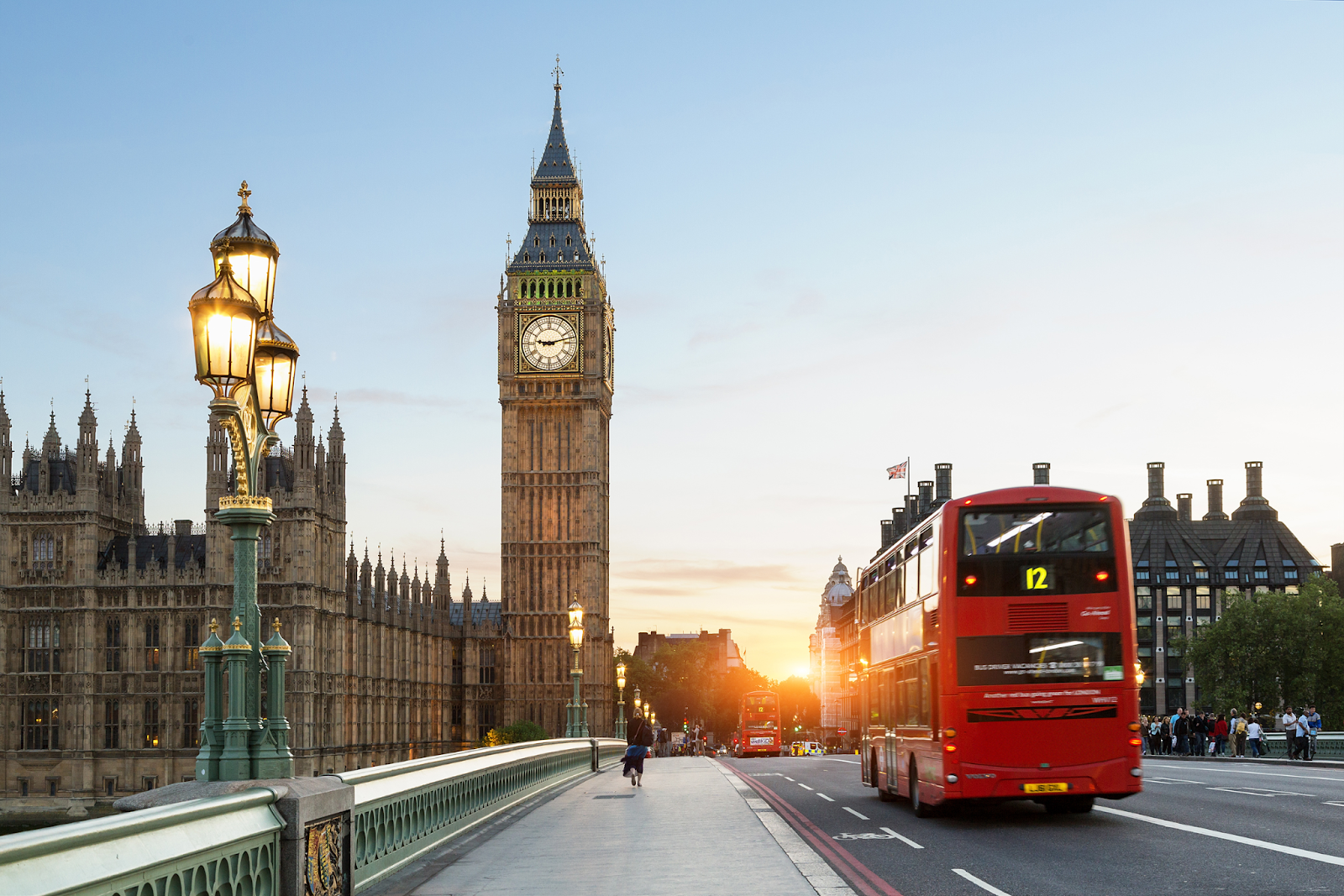
We think about children’s own experiences of travel in the UK and around the world. We have on-going opportunities to add to their own map (adults will annotate) again, engaging in discussions about the contrast between two different locations.
Environmental Issues
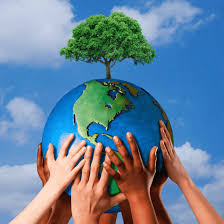
We talk about what our responsibilities are and how to be aware of them and act upon them. 10 things to help our world by Melanie Walsh is a text we use to explore current environmental issues.
Maps
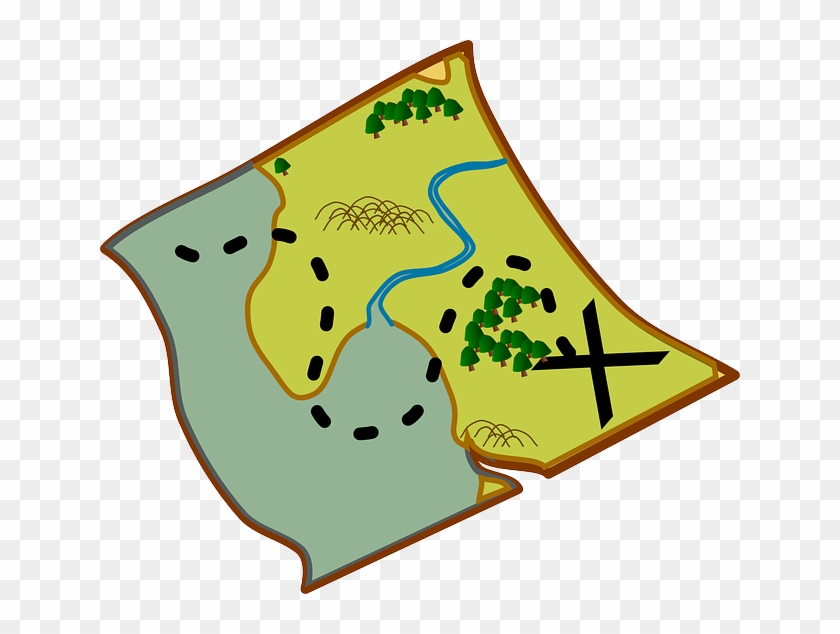
We begin to look at and draw simple maps as children explore representation. They might distinguish between land and sea using different colours or work with an adult to annotate a map commenting on their own understanding.
Different parts of the world
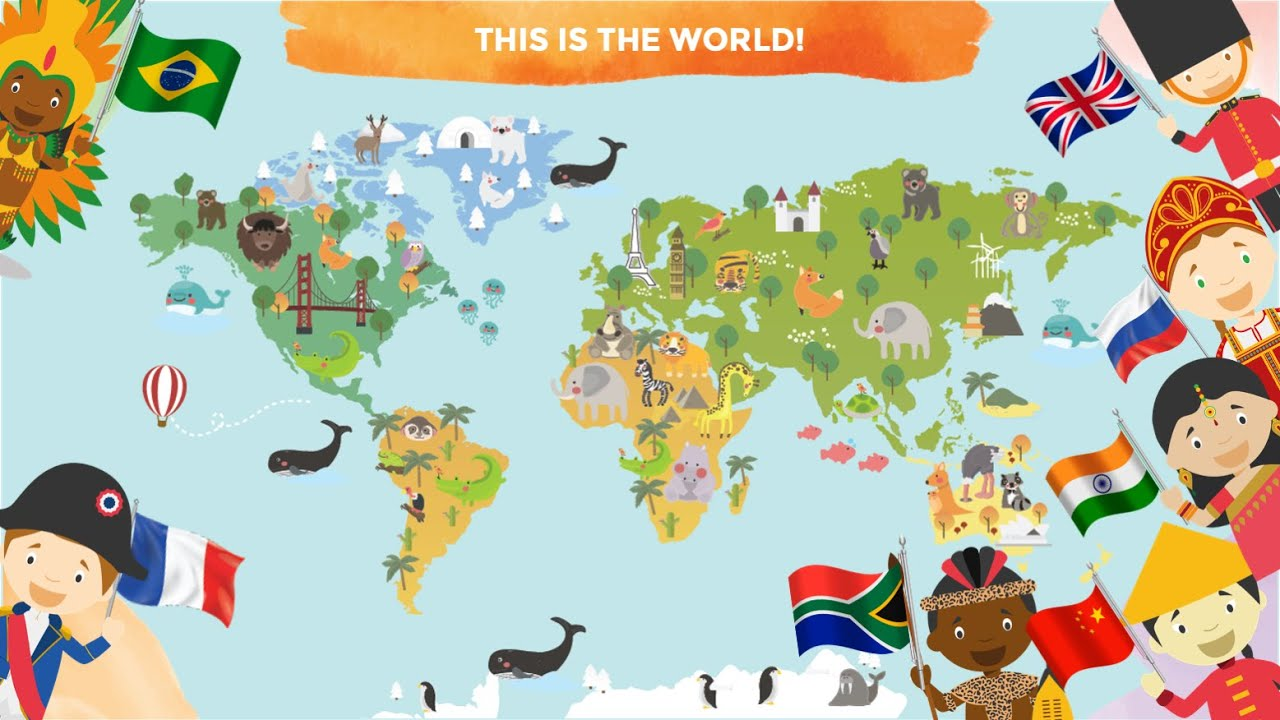
We may learn about a location which contrasts with the UK. We look at the weather, animals, where it is in the world and so look at the surrounding sea/land. Stories are used to explore these concepts, eg. Lost and Found by Oliver Jeffers.
Our Local area
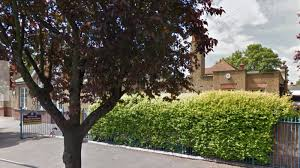
We will talk about where we live, what it looks like, the local amenities within the area the roads we live on and who lives in near our school.
Years 1 & 2 Learning Journey
Year 1
Local area

In this topic, we will learn about the differences between urban and rural areas, features of our school grounds and features of our local area. We will also learn how to identify Ordnance Survey map symbols and create a map of our local area.
United Kingdom
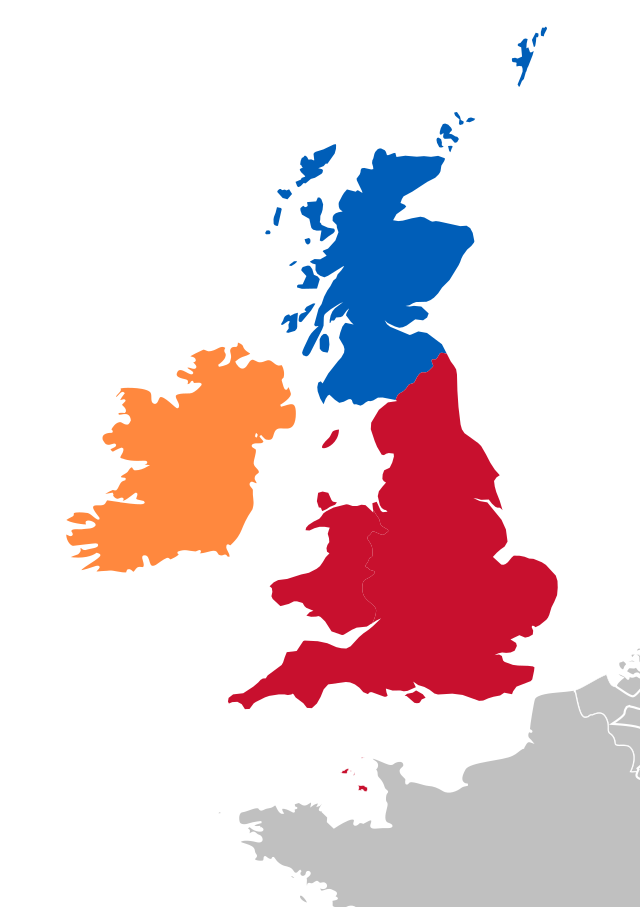
Here we will locate the four countries, four capitals and surrounding seas. We will identify the human and physical features of the UK and of the capital cities.
Weather and Climate
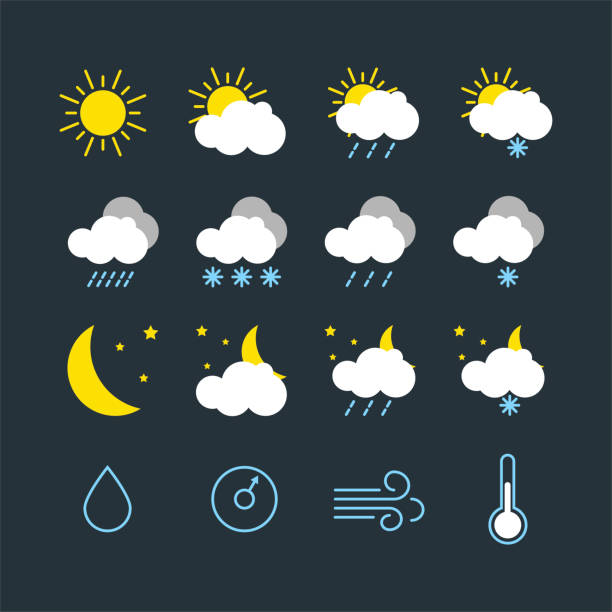
In this topic, we will learn the months of the year and the seasons. We will look at the features and differences between the seasons. We will think about clothing worn in different weather and how the weather affects different jobs.
Year 2
Continents
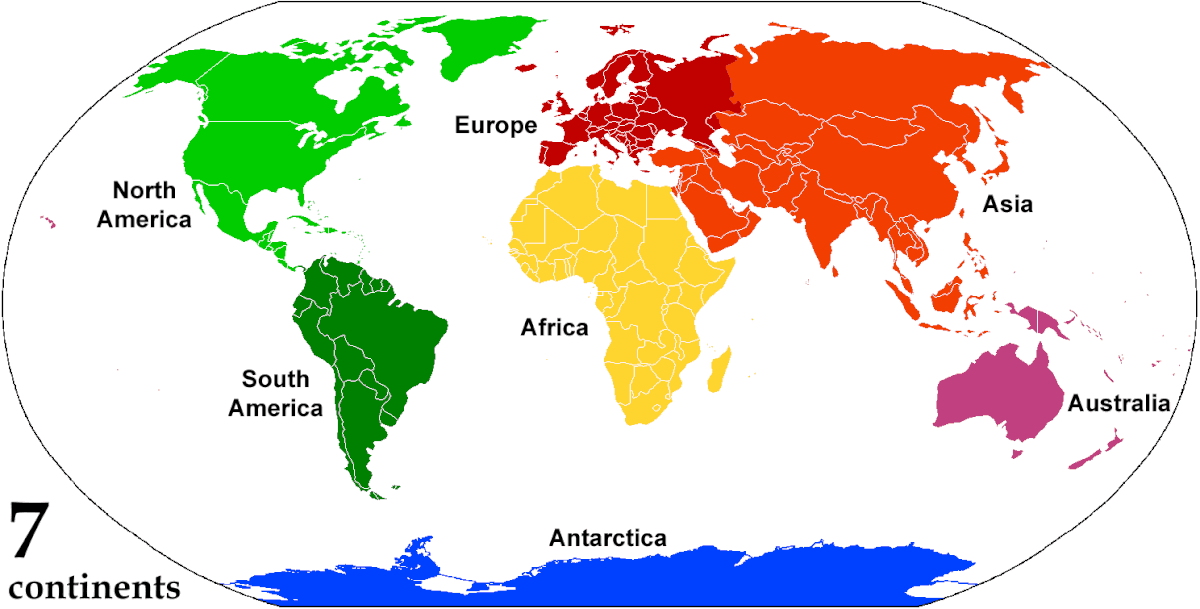
Here we will understand where in the world we live. We will locate the seven continents and five oceans and will think about the human and physical features of each continent.
Hot and Cold Places
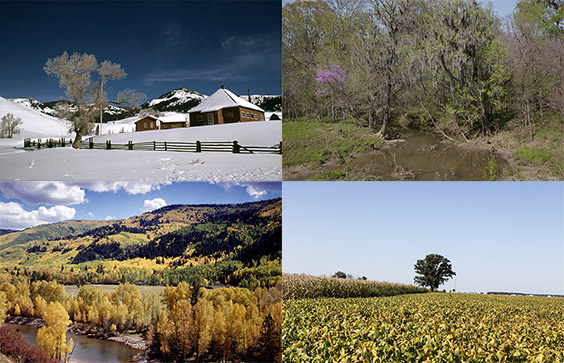
In this topic, we will locate hot and cold places and identify the features of these places. We will also think about how animals adapt to hot and cold places and how to pack for hot and cold holidays.
Mugumareno Village - Zambia
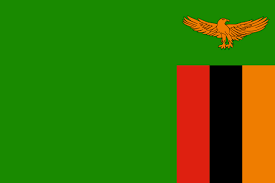
Here we will locate Zambia on a map and explore the physical and human features. We will locate the village Mugumareno and find out how the river is used in the village. We will also compare our lives and houses with those of the villagers and with Zambia's capital Lusaka.
Years 3 & 4 Learning Journey
Year 3
Climate Zones
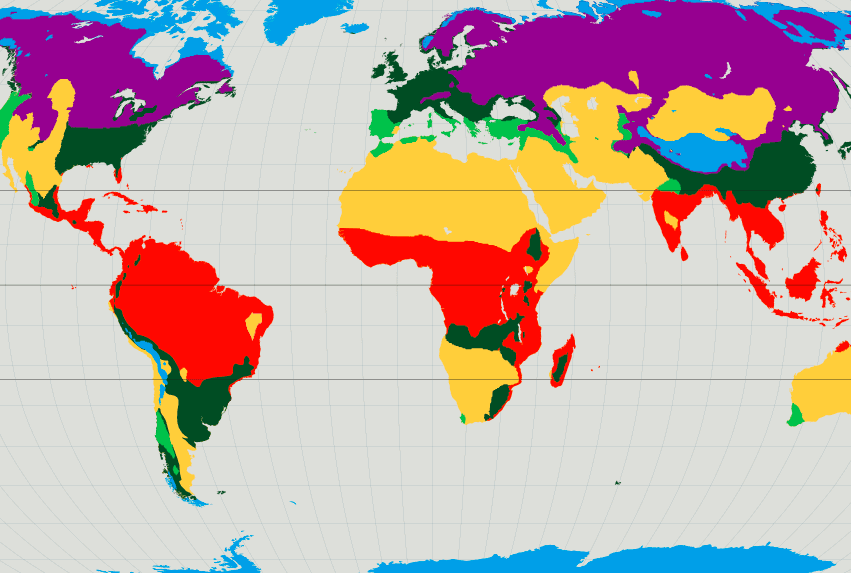
Here we will focus on how to identify lines of latitude, the location of climate zones and a comparison of climates. We will also look at weather patterns and write a weather forecast.
North America
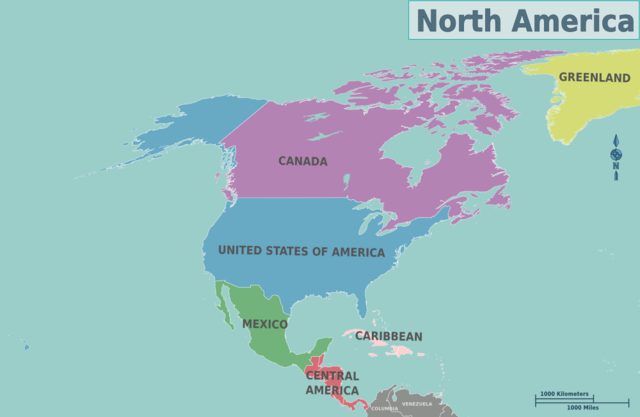
In this topic, we will locate North America on a map and identify the countries. We will explore the Rocky Mountains range, the effect of Mt St Helen’s eruption and we will compare the landscape of USA states. We will also compare New York with where we live.
South America
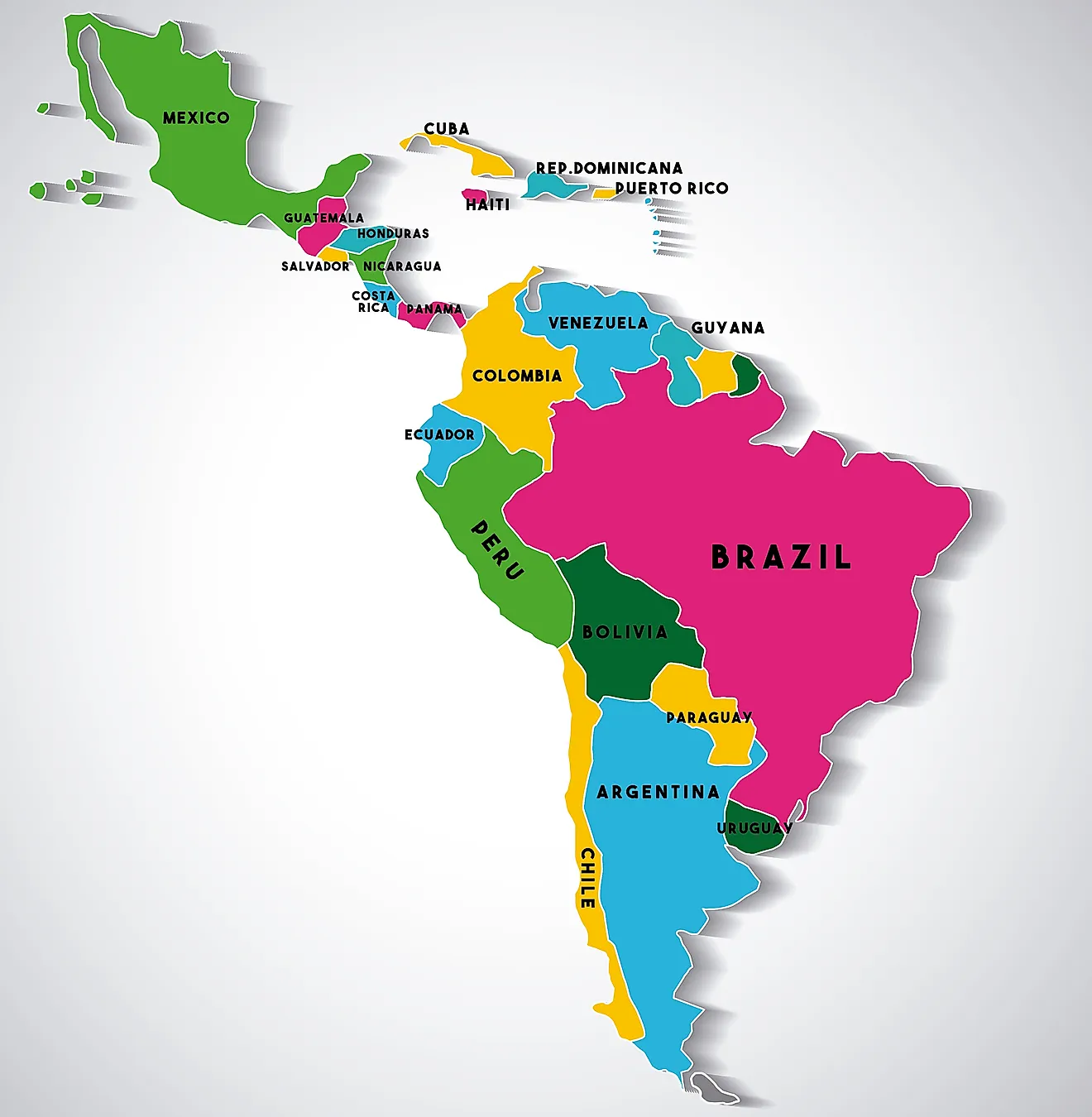
Here we will locate South America and its key features as well as some of its countries. We will think about similarities and differences between Brazil and where we live. We will explore daily life in Rio de Janeiro and think about the advantages and disadvantages of Brazil hosting the Olympic Games in 2016.
Year 4
Rivers
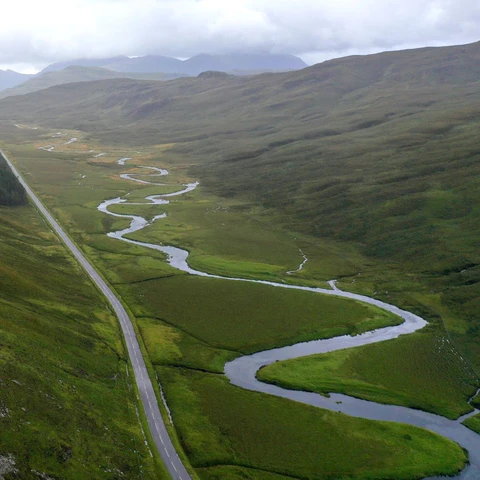
In this topic, we will learn what a river is, how rivers are used and the features of a river. We will explore how rivers are affected by humans and the impact of flooding. We will also learn some facts such as the world’s longest rivers.
South America - Amazon
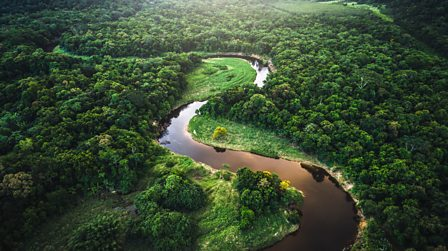
Here we will locate The Amazon and talk about its significance as well as why the Amazon Basin and Rainforest are important. We will discuss the threats to the Amazon and look at human and physical features of Manaus. To end this topic we will also look at similarities and differences between the Amazon Basin, South East Brazil and where we live.
South America- Rainforests
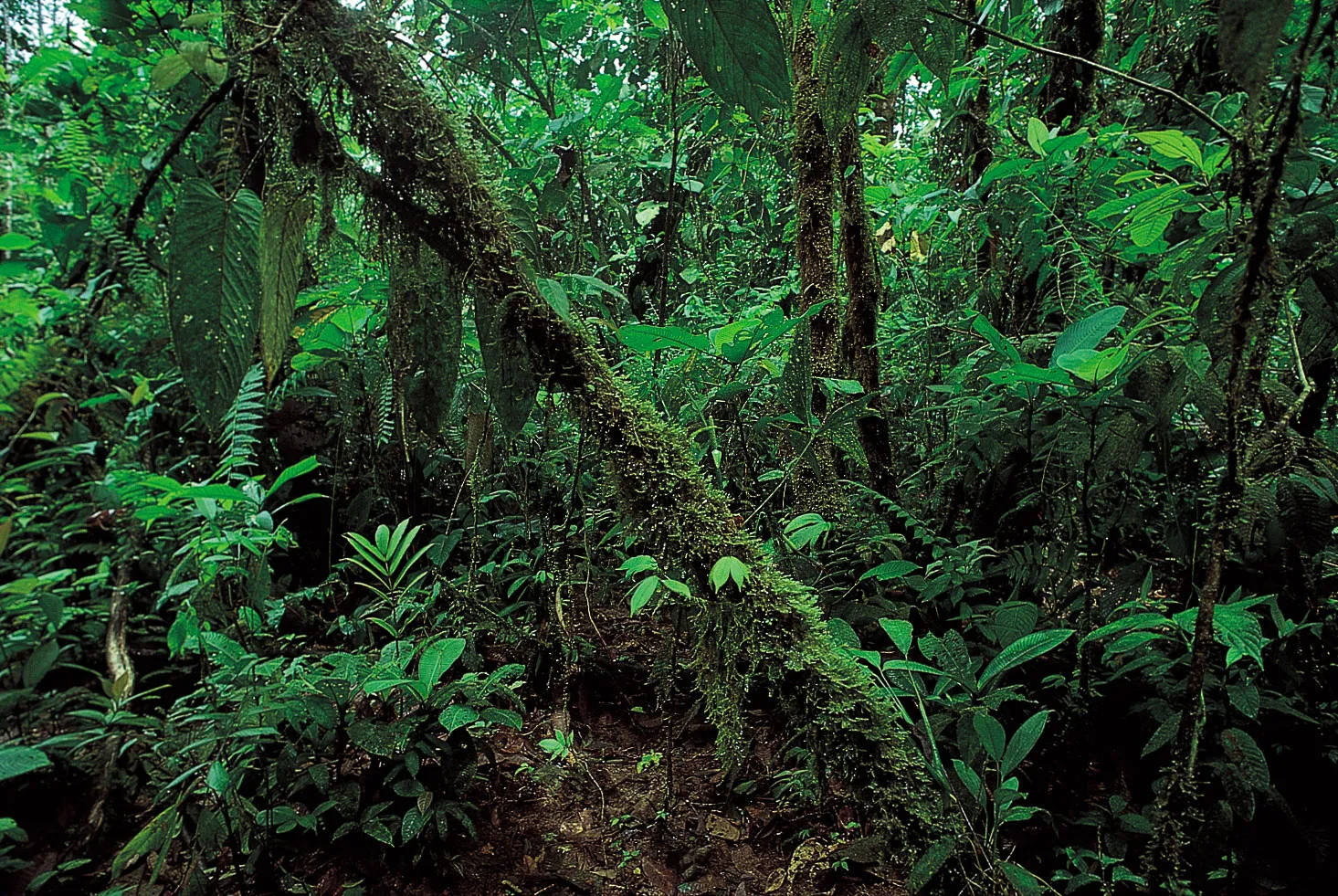
In this topic, we will learn about the different layers and features of a rainforest. We will look at the impact of deforestation and learn about the characteristics of the Congo rainforest.
Years 5 & 6 Learning Journey
Year 5
Mountains
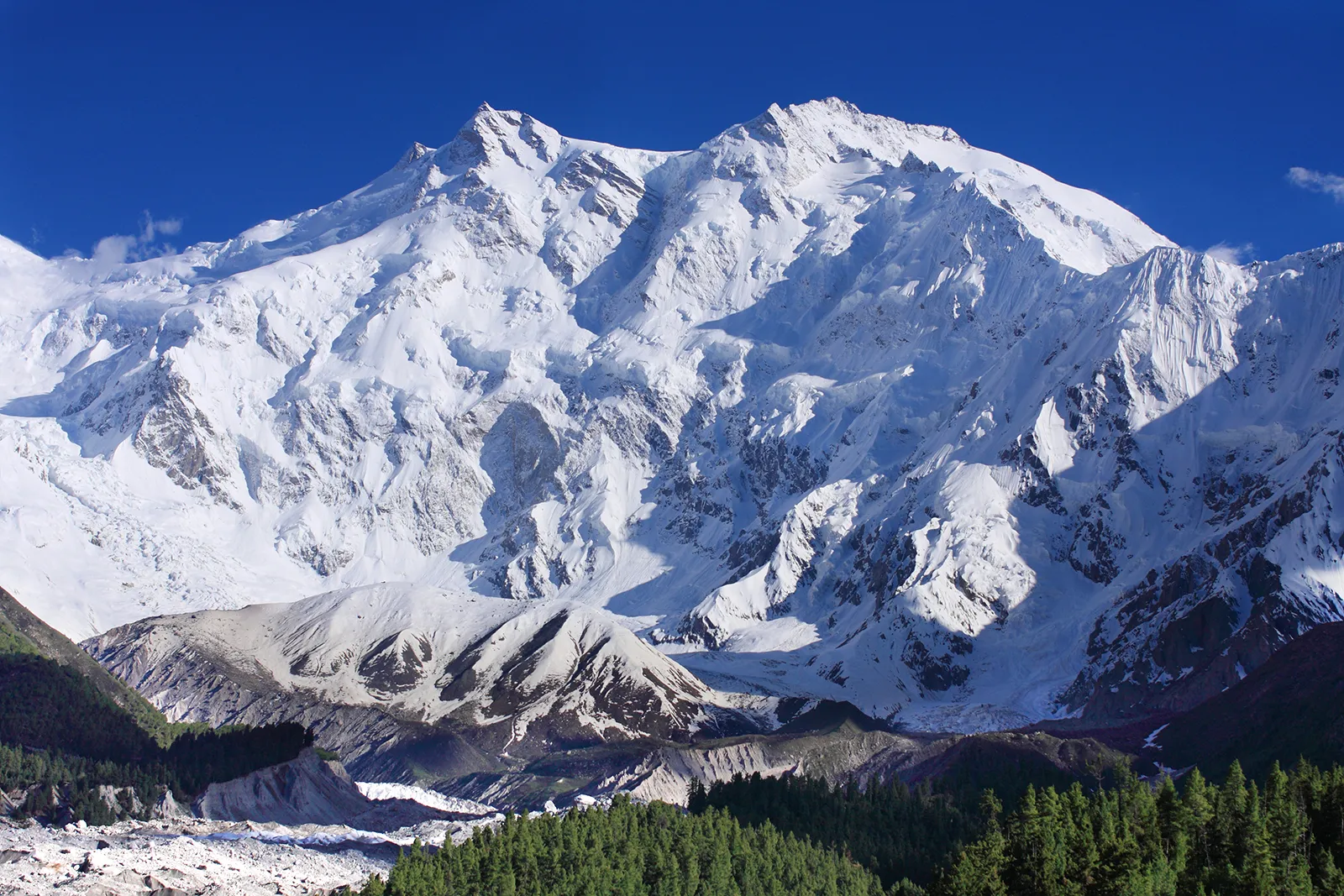
In this topic, we learn what a mountain is, how it is formed and its features.We will learn about mountain climates, as well as discuss the importance of the Himalayas. We will also learn some facts about the highest mountains in the UK and worldwide.
Volcanoes and Earthquakes
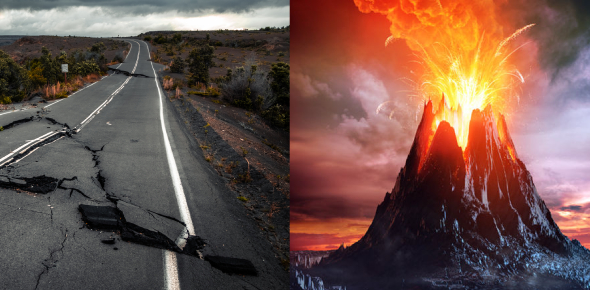
Here we will learn about the structure of the Earth. We will look at features of a volcano and think about the effects of volcanoes and earthquakes. We will also learn about preparing for an earthquake and what it is like living near a volcano. Finally we will learn about famous volcanoes and earthquakes.
European Region
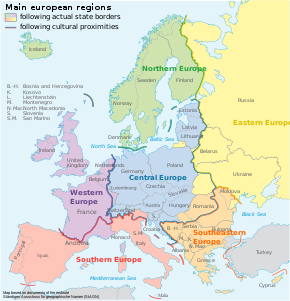
In this topic, we will locate Europe and its countries. We will discuss why tourists visit the Mediterranean region. We will also learn about the main features of Athens, comparing daily life in Athens with our own as well as why people migrate to Greece and the features of Greece’s varied landscape.
Year 6
United Kingdom
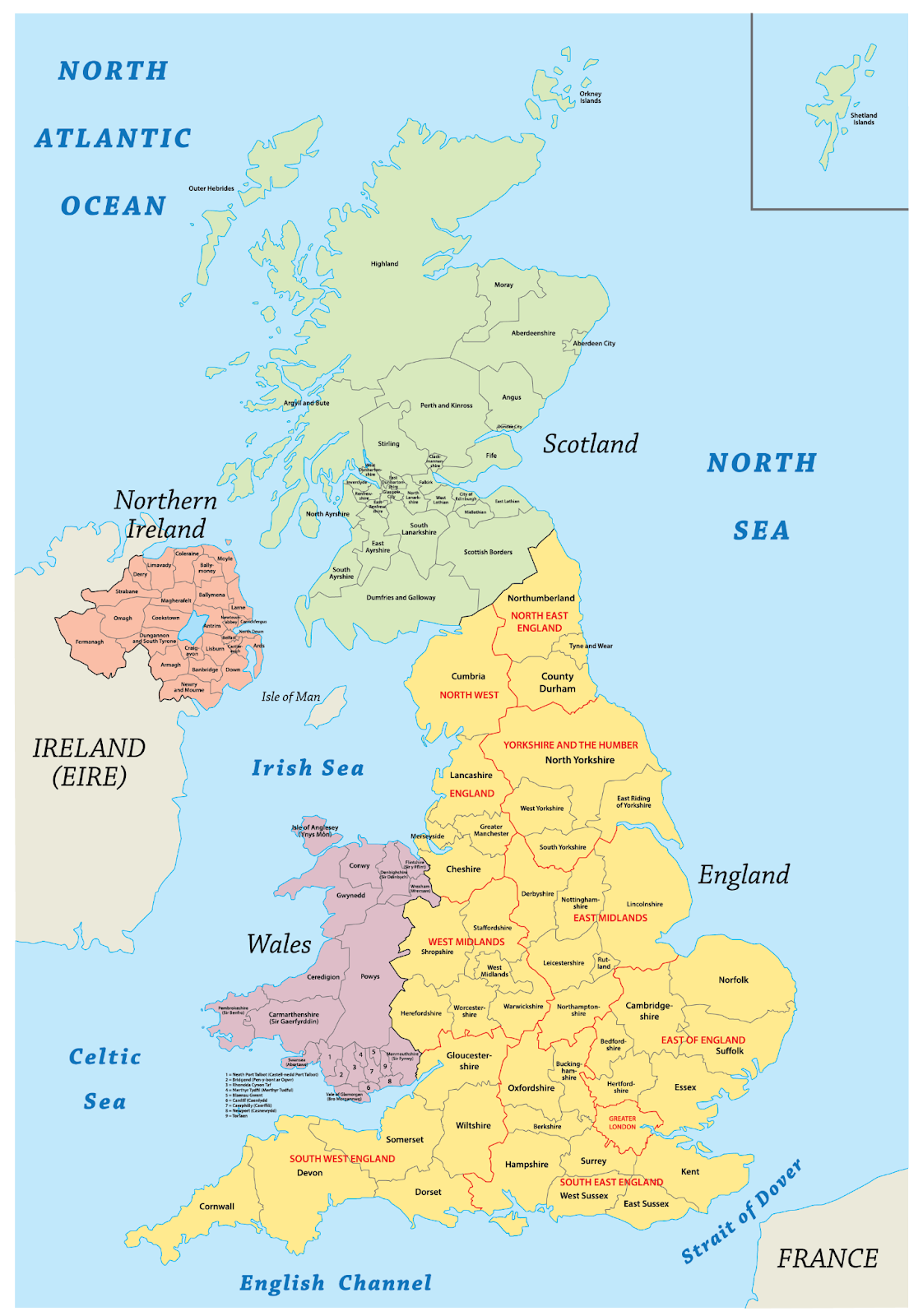
In this topic, we will compare the countries of the UK and identify the UK’s major cities. We will explore the physical and human characteristics of each country and will learn about the UK’s landscape and people. Finally we will learn about industries and energy sources in the UK.
Local area and the Region
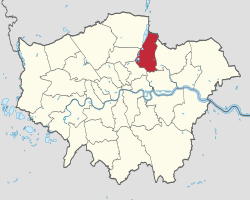
In this final topic, we will locate our local area in relation to other places, as well as locating key features. We will think about local, regional, national and international links to our local area. We will also carry out fieldwork in our local area to gather evidence of how a region is meeting its population’s needs. We will learn how to read and label an Ordnance Survey map with local sites.
